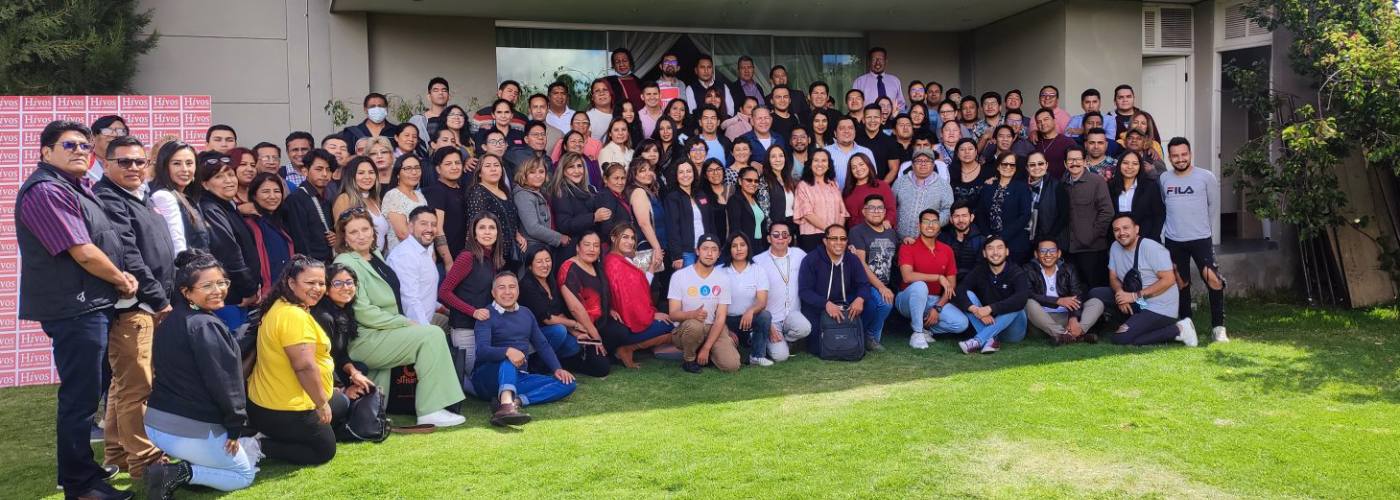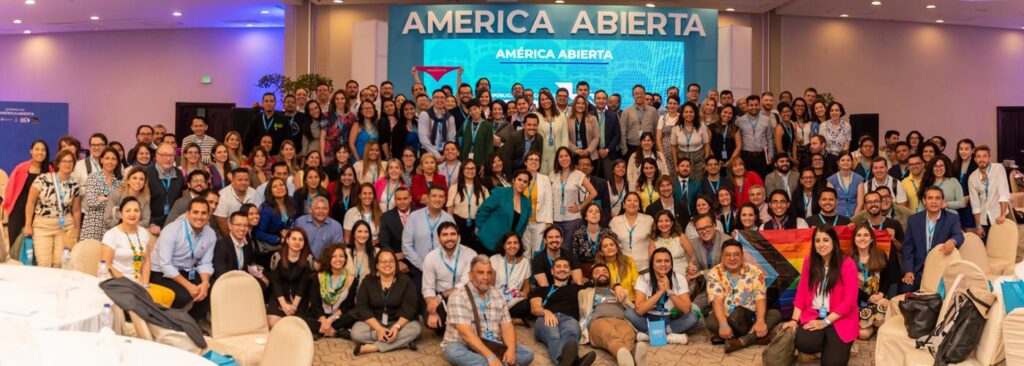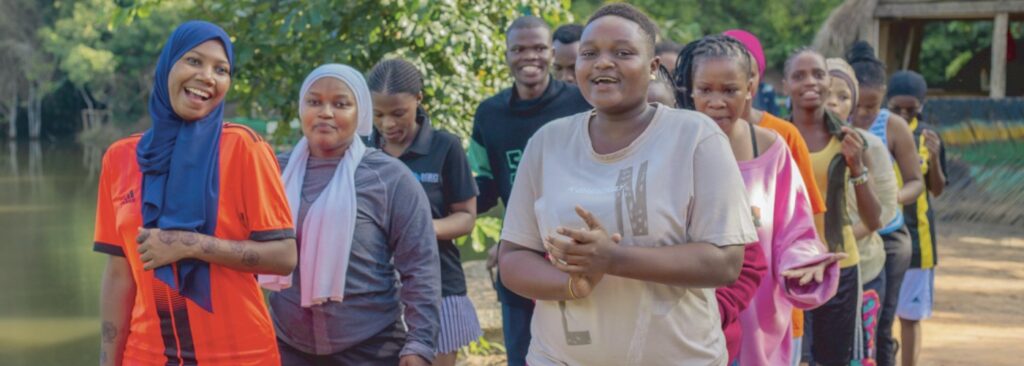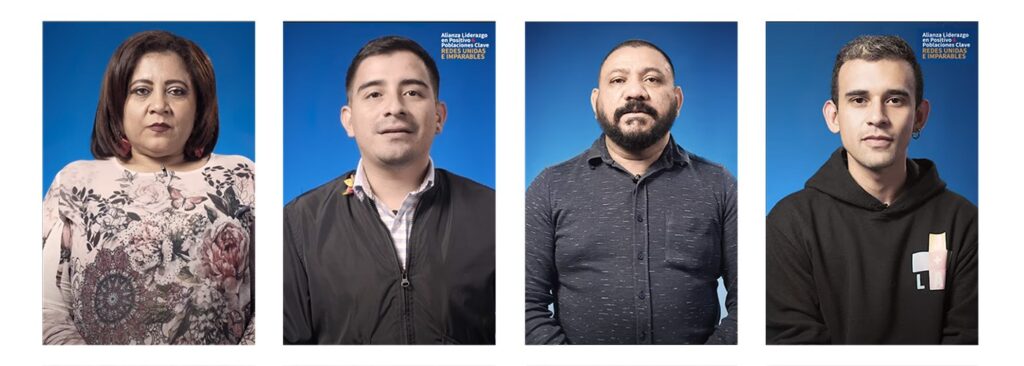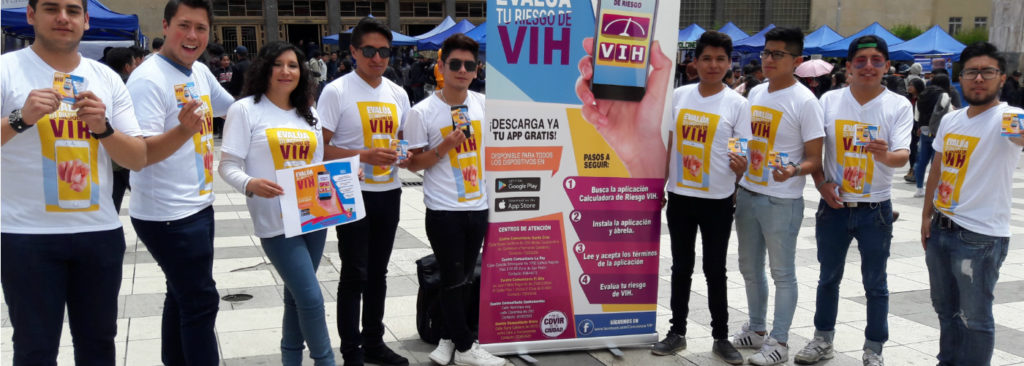Celebrating 15 years of responding to HIV in Bolivia with a Human Rights approach
February 10, 2023
In an emotional meeting, representatives of the sub-recipient organizations of our Bolivia HIV/AIDS Project, and others, met to celebrate more than fifteen years of successful work fighting HIV in Bolivia.
Financed by the Global Fund to Fight AIDS, Tuberculosis and Malaria, the project sought to reduce new cases of HIV/AIDS, keeping the prevalence below 0.30%. It focused on the most affected key populations through:
- Improved access to HIV prevention and testing services for gay, bisexual and other men who have sex with men, transgender women, and sex workers.
- Better linkages, retention, access to ARV treatment and suppression of the viral load among people living with HIV.
A special approach
The project was innovative in its approach. For example, mobile units and community centers increased HIV testing among hard to reach groups. A system of peer-educators and a mobile app delivered targeted information to key populations, and increased testing and awareness. The project helped local community-based organizations set up safe spaces for key populations and raised awareness through training and campaigns. This also helped reduce HIV-related stigma and discrimination at health care centers.
“I feel grateful for having supported this cause that allowed me to accompany all these organizations in the just defense of the right to health. Together with the Hivos team in Bolivia, we have left our mark.”
Claudia Cardozo, Hivos Representative in Bolivia
Major achievements
Through the project we worked on community-level primary and secondary prevention, HIV screening for various key populations and we started peer education and a school for peer educators. Together we realized:
6 community centers offering medical and psychological care
6 mobile brigades
230,000 prevention packages
100,000 HIV tests
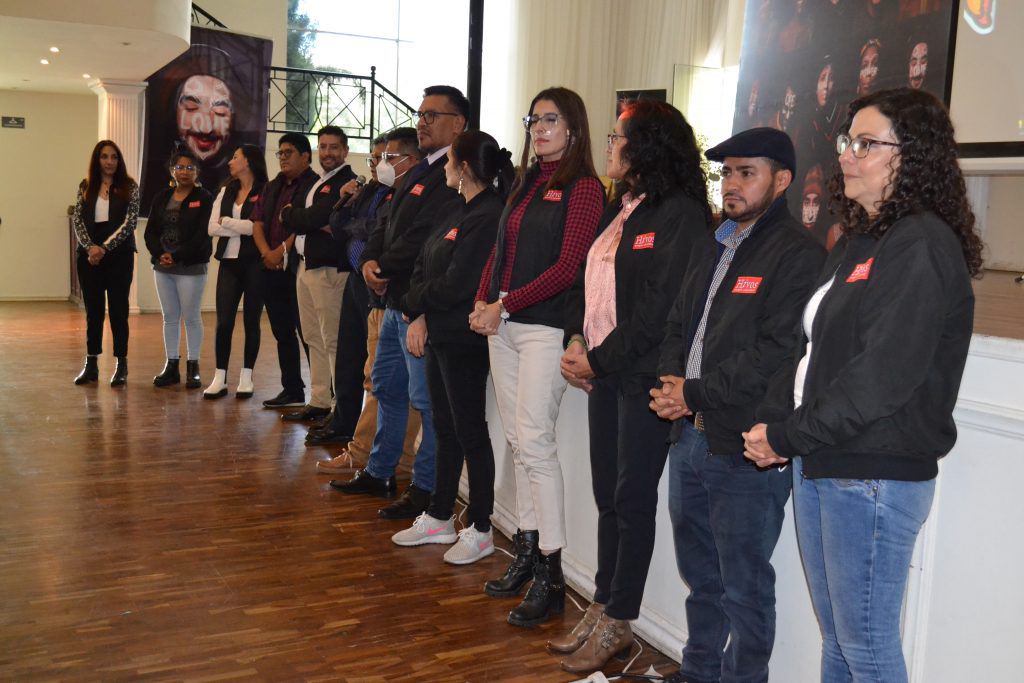
A legacy of work and contributions in the country
Here is a summary of the project’s other main achievements:
- Creation for the first time in the country of four dining halls for the trans population and seven shelters for sex workers; the delivery of 8,000 food baskets for key populations during Covid-19 lockdowns.
- Design and implementation of the HIV information system, as well as the SIMONE Software, which made individual clinical and laboratory follow-up of patients possible and became an international benchmark in HIV analysis.
- Helping develop second generation studies in populations vulnerable to HIV, sentinel studies of pregnant women, programmatic mapping, and studies of the impact of Covid-19 on key populations.
- Access to the lowest international prices for ARVs.
- Acquisition of a specific genetic sequencer for HIV resistance tests and Covid-19 genomic surveillance.
- Optimization of the HIV diagnostic algorithm by incorporating a second rapid test for the diagnosis of HIV.
- Implementation of point-of-care HIV viral load testing using GeneXpert technology, and HIV diagnosis of children under 18 months and pregnant women.
We gratefully acknowledge the commitment and trust of the civil society institutions we worked closely with, such as EqualityLGBT and Asuncami, among others, and the Bolivian Ministry of Health and Sports.
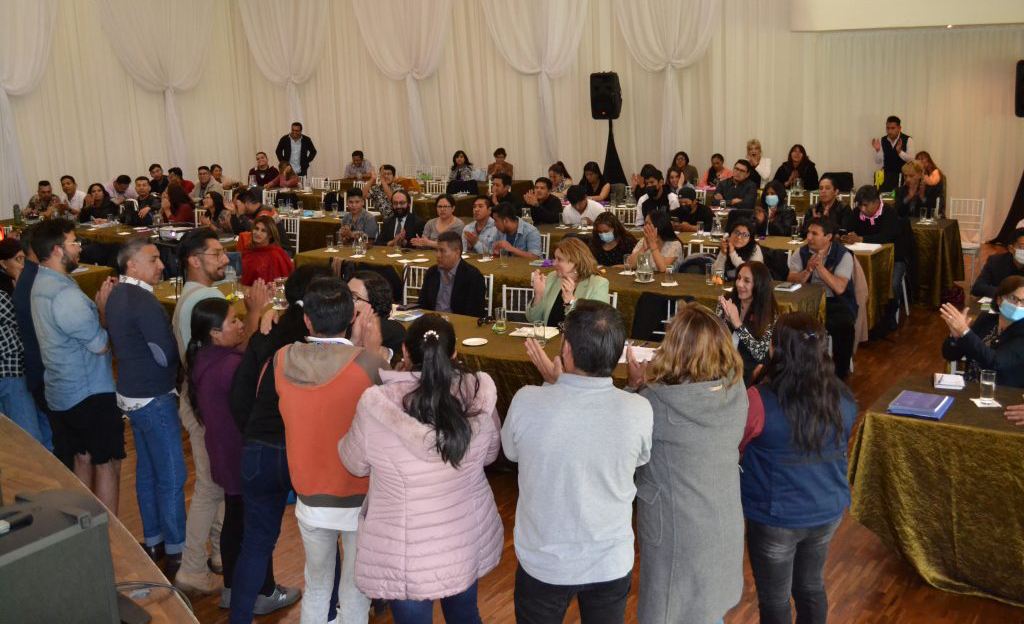
Our execution of the different grants we received from the Global Fund varied from 93% and 99%, which obtained maximum qualifications of A1 and A2 from the Global Fund.
We celebrate and give thanks for these fifteen years of fruitful work in Bolivia and welcome new opportunities to continue supporting the country’s the response to HIV for the benefit of its key populations and to preserve their rights and freedoms.

